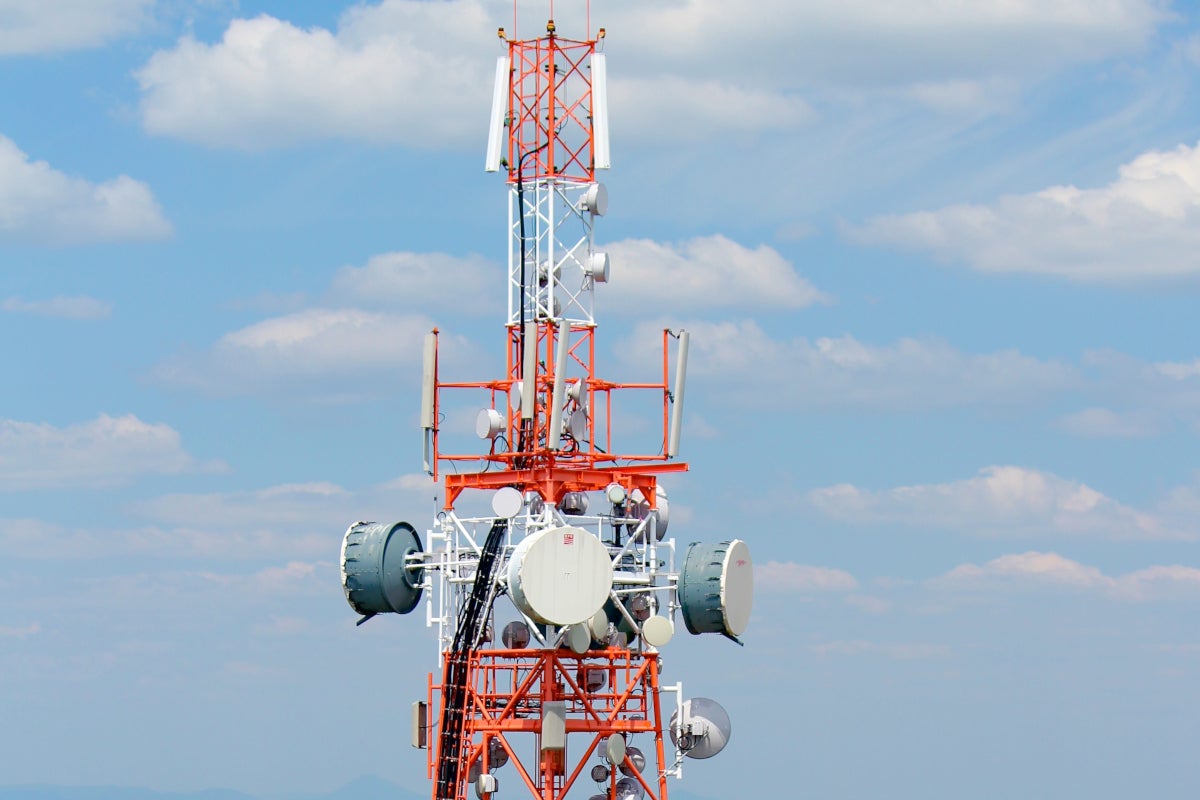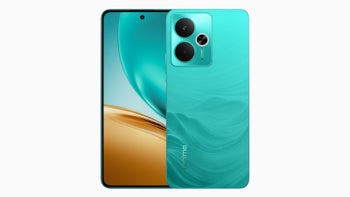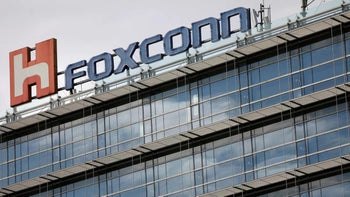The reason why Walmart wants Verizon's 5G service in its stores is very timely

We are so early in the 5G game that it is impossible to figure out all of the new technologies and industries that will be created thanks to the faster data speeds and lower latency that will come with the next generation of wireless. Driverless vehicles seem to be on that list, but who knows what the future will bring. Today, the Wall Street Journal revealed that Verizon, the nation's largest wireless provider, is in talks with Walmart, the nation's largest retailer, to deliver 5G service inside certain Walmart stores.
The plan calls for Verizon to outfit a couple of Walmart stores this year with 5G antennas to help connect health clinics that have been opened in those locations. In addition, Verizon's 5G signal would help shoppers in the stores access the next generation of wireless connectivity and could also bring 5G service to communities served by these stores. It is all part of Walmart's attempt to turn its 4,700 U.S. locations into hubs where people could go for health services, medical treatments and more.
Verizon's mmWave 5G signals would offer the low latency needed to make this plan work
Verizon is sticking to the use of mmWave spectrum to build its 5G network. There are advantages and disadvantages to doing this compared with the way that T-Mobile is building its network. The latter used its low-band 600MHz spectrum, some mmWave holdings, and will add the 2.5GHz mid-band airwaves it receives from Sprint in the merger. Because low-band spectrum travels farther than mmWave and penetrates structures easier, T-Mobile has been able to launch the first coast-to-coast next-gen network in the states. With the combination of low, mid, and ultra-high band signals, T-Mobile will be able to best serve rural Americans with 5G.

Verizon is talking to Walmart about delivering its Ultra Wideband 5G signals to certain stores
The downside for T-Mobile is that mmWave delivers the fastest 5G signals and can handle larger capacity than low-band spectrum. It also has a lower latency. However, because these signals don't travel that far or penetrate structures well, Verizon is going to need some time to cover the entire country with its 5G signals. Verizon does seem to have an interest in an auction of C-Band mid-band spectrum that the FCC plans on holding before the end of this year, so it could be that Big Red has plans to speed things along.
If things go well, Walmart would have Verizon add 5G connectivity to all of the stores where it plans to host health clinics; two stores in Georgia added health clinics last year and those would seem to be the pair that will be hooked up to Verizon's 5G signals first. The 5G service from Verizon could speed up communications with a clinic patient's doctor through video streams over a mobile device like a phone or tablet. It also could help the clinic quickly receive important medical documentation about a clinic patient including doctor's notes, Xrays, MRIs, and CT scans.
According to the Journal's report, Walmart shoppers would install an app on their phone that would contain their medical records. When each shopper arrives at his or her local store, the app would sign them in for the clinic. After the appointment, the shopper would pick up any ordered prescriptions from the Walmart pharmacy and could also shop for groceries and other items. The 5G network would also be able to send data to the store alerting management if any items in a shopper's cart need to be restocked or reordered from the supplier. While some of this could be handled using 4G LTE signals, the low latency found with mmWave 5G signals would allow a doctor in a remote office to view in real-time the results of a patient getting tested at a Walmart clinic. Such tests could include an electrocardiogram (ECG) which looks for abnormal heart rhythms.
Walmart Chief Executive Doug McMillon told investors at a meeting in February that for his company, "Health care looks like a big opportunity." He went on to state that Walmart could offer low-cost health care "in communities where health care is lacking and out of reach for many." This is certainly a hot button topic with the presidential election a little more than eight months away. At the extremes, you have an incumbent who is looking to dismantle the plan that most U.S. consumers use to pay for health care these days, and you have a front runner for the opposing party whose mantra is Medicaid for all. And with the coronavirus sure to spread in the U.S., Walmart might have a reason to expedite its plans.










Things that are NOT allowed: